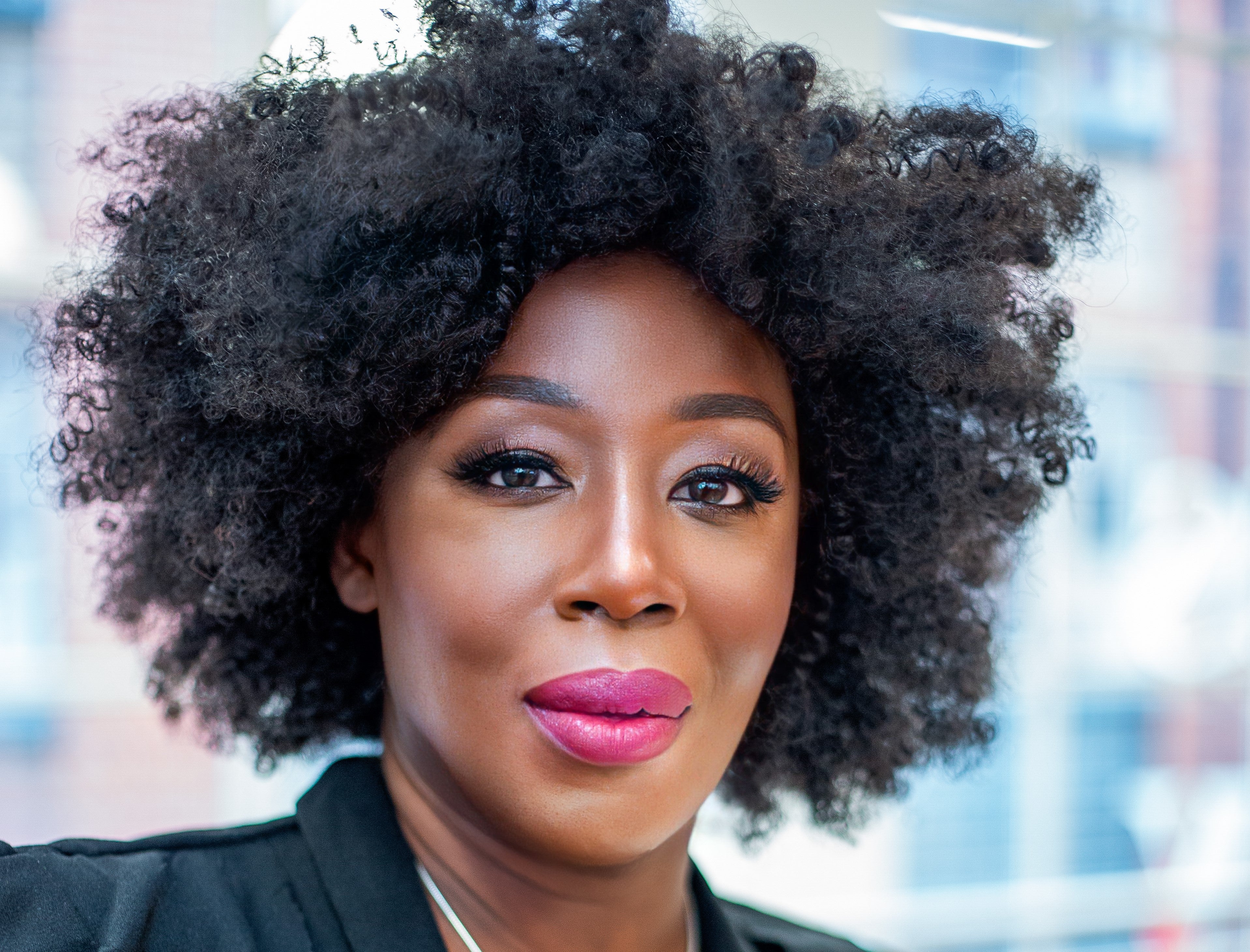Big brands missing out on £4.5bn each year ‘due to lack of product diversity’
The Black Pound report surveyed 3,500 members of the multi-ethnic community and found that many felt they could not shop in high street brands.

High street brands could be missing out on £4.5 billion spent by multi-ethnic shoppers due to lack of diversity in brands, according to new research.
The Black Pound report, a survey of 3,500 people, found that black, Asian and multi-ethnic consumers are often forced to spend their money in specialist shops due to limited product range in the UK’s biggest chains.
The report, written and published by culture change agency Backlight, aims to rectify this by educating big brands on how to appeal to multi-ethnic communities by increasing diversity.
Researchers found that multi-ethnic customers spend £230 million per month on health and beauty, 25% more than any other customer, and that 22% of this group have to go to specialist shops to find their products.
Lydia Amoah, chief executive of Backlight, said: “When I was 21, I went into a department store to buy make-up. I struggled to find a shade for my skin tone and asked the assistant for help.
“She said they only stocked colours for ‘normal skin’.
“In that moment, I decided that my life’s work would be dedicated to ensuring that no one would ever have that same experience.”
She added: “When there is an audience spending £2.7 billion every year on health and beauty products, demonstrating that they want to spend their money with businesses on their high street, why on Earth would brands not want a slice of that pie?
“The Black Pound report is helping businesses to understand the value of inclusion in the products they create, stock and market.”
One in five multi-ethnic consumers said they were not able to readily buy what they need in shops, but 64% of black, Asian and multi-ethnic respondents answered positively to the idea of shopping locally if possible.
Specifically, nearly four in 10 black female respondents said they found it difficult to find cosmetics and skincare, and 30% said they had to go to specialist shops to get their beauty and healthcare products.
The survey found that a majority – 59% – said they were more likely to spend with a brand that has an inclusive product range, with 78% saying they would be likely to tell their friends about it.
Researchers also found that many multi-ethnic consumers do not feel comfortable shopping on the high street, and engage in “psychological passing” – adjusting their behaviour to “fit in” for fear of being profiled by security staff and shop workers.
Around 13% of multi-ethnic respondents said they had consciously changed the way they dress and speak in stores to be socially accepted. Of those who are also LGBTQ+ or have a disability in that group, 10% were more likely to do this.
Edward Enninful British Vogue’s editor-in-chief, said: “There has been so much positive movement for black and multi-ethnic consumers in the fashion and beauty sector in recent years, and it is brilliant to see the continued push for change happening in our industry.”